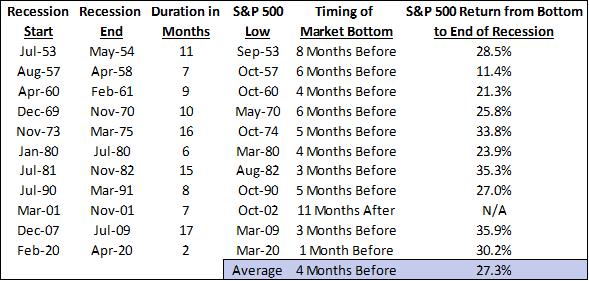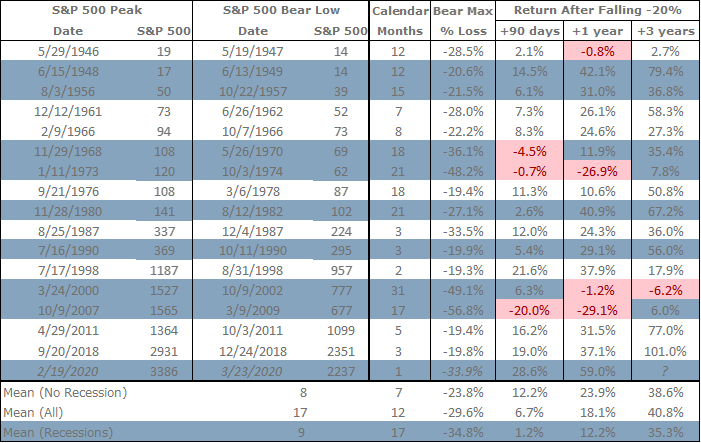If the trends hold, the market is likely to reach bear market territory for the S&P 500, defined as 20% or more below the previous high.
While many cross-currents are causing the current sell-off, the proximate cause of the recent acceleration in the stock declines revolves around fears about the U.S. consumer. Both Wal-Mart (WMT) and Target (TGT) reported disappointing earnings this week. Target was down 25% yesterday after the poor earnings report.
Looking at the numbers from the two retailers, the reality is that both reported higher revenues (sales) versus the sales quarter last year, so the consumer is still spending. That being said, all was not well since both reported lower earnings. For the first time in the post-covid period, retailers have been stuck with some excess inventories. Costs due to inflation are also taking their toll on their earnings. Lastly, there is evidence that the lower-end consumer is feeling the pinch from the increase in prices.
Beyond earnings being necessary for individual companies, the consumer primarily drives the U.S economy. Our forecast for the odds of a recession over the next 12 months has been moving higher, but it does not seem imminent. The labor market, household balance sheets, and corporate balance sheets remain healthy but may have peaked.
The stock market is not an accurate economist; a decline in the stock market would predict many more recessions than we ever experience. While the stock market has not predicted every recession, the stock market does tend to decline before a recession and, most importantly, rebound sharply before the end of a recession.

While all this is unpleasant, once stocks have declined by 20%, the forward returns have been better than average. In most instances, even if a recession occurs, stock prices are higher in the following three months and one year.

Investors should always focus on an asset allocation that provides the financial means to persist through any volatility and economic downturn. Aside from holding some safe and liquid assets to cover living expenses during any economic and market turmoil, this downturn should be a long-term buying opportunity for those able to add to stock positions. The market can clearly move lower, but the rebounds from these declines are typically sharp and unpredictable in their timing. Holding a safe reserve of living expenses, a dollar-cost averaging buy program, or mechanical rebalancing to the asset allocation target can help deal with the behavioral fears that clients face during these times.
